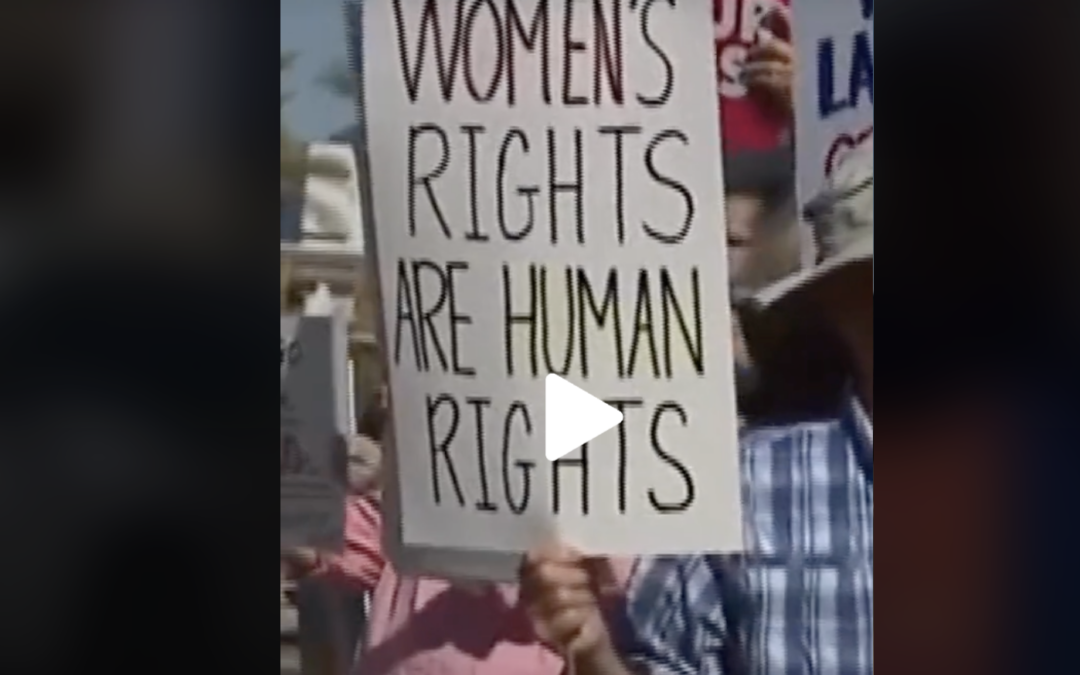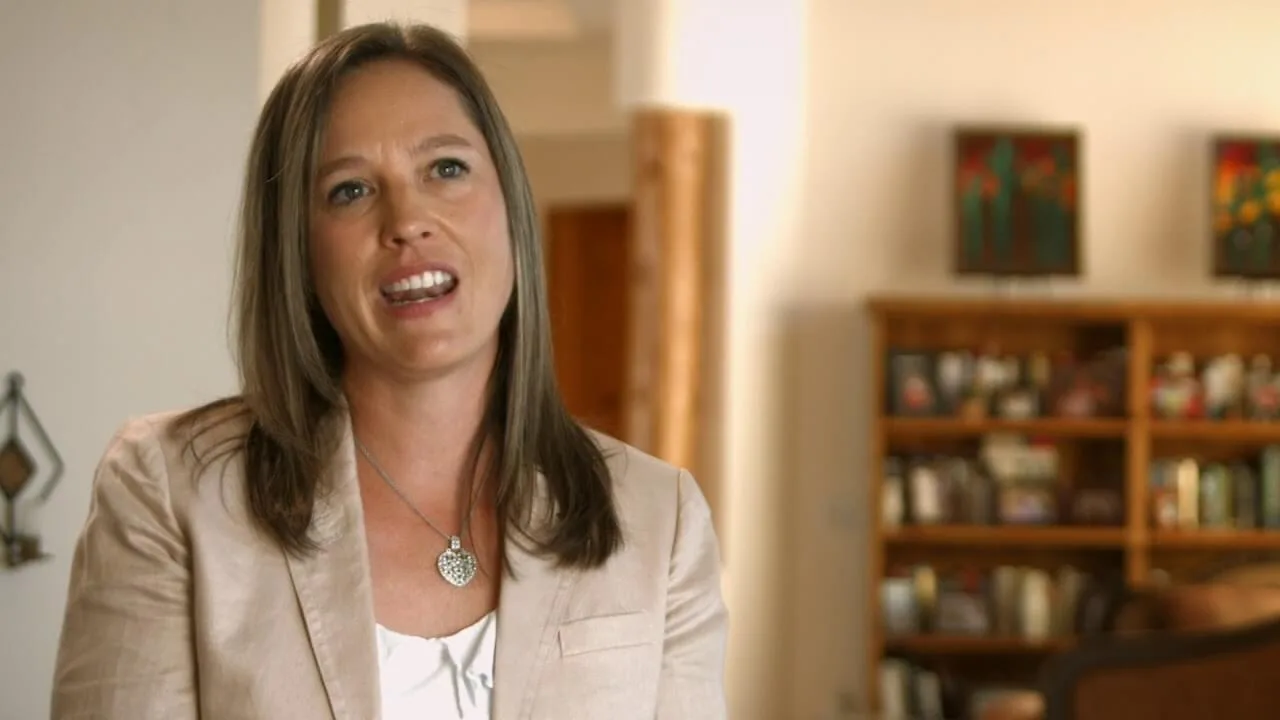
Bolick has joined a task force that aims to purge voter rolls and stop ballots from being automatically mailed to voters.
Longtime vote-by-mail critic Rep. Shawnna Bolick has joined a national task force in opposition to expanding absentee voting during the coronavirus pandemic.
The task force, formed by the Public Interest Legal Foundation (PILC), was created in response to a nationwide push to allow all voters to cast their ballots by mail. Though the proposal received overwhelming public support, critics of voting by mail like Bolick and the PILC immediately came out in opposition to the proposal.
The PILC, an Indiana-based conservative group known for manipulating voter data in order to portray absentee voting in a negative light, has attempted to undermine public trust in mailed ballots for several years. In 2018, the group claimed that more than one million ballots mailed to voters never reached their destination. An investigation by ProPublica found this to be false, and the PILC recanted their findings.
Opposition to vote-by-mail
Bolick, who has repeatedly spoken out against expanding mail-in voting, announced her inclusion to the PILC task force last month, outlining its key principles to be blocking the automatic mailing of ballots, overseeing the returning and counting of ballots, and preserving the option to vote in person.
“These specific standards and protocols for best practices outlined by the task force are designed to protect the integrity of our elections as calls are made for more mail-in ballot voting,” said Bolick. “In Arizona, our election laws are more liberal than in other states, since any registered voter in our state can request a mail-in ballot up to 11 days before any Election.”
But many of the measures outlined by the task force would be in direct violation of state and federal laws. One suggestion made by the task force would require voters to enclose a photocopy of government-issued identification; another would outlaw the acceptance of electronic signatures for any document related to voting.
Elections officials cite health risks
While Bolick stands opposed to mail-in voting, state elections officials are pushing to expand it. Arizona Secretary of State Katie Hobbs and several county recorders have cited health concerns as a primary reason for temporarily expanding mail-in voting efforts. In March, Hobbs sent a letter to Gov. Doug Ducey, asking that mail-in ballots be sent to all voters for the 2020 elections.
“Before the Legislature adjourns, it is vital that we build more flexibility into the law — even if only on a temporary basis — to allow elections officials to adapt to the circumstances on the ground,” Hobbs wrote. “Allowing all-mail elections would enable counties to conduct fair and secure elections and ensure that voters can safely vote despite an ongoing health emergency.”
But despite health concerns, lawmakers like Bolick have remained steadfast in their opposition to mail-in voting. In other states, opposing mail-in voting based on false claims has led to dangerous results. Wisconsin Republicans blocked efforts by Gov. Tony Evers to make changes to the state’s elections on April 7, instead pushing forward with in-person voting during the state’s stay-at-home order. Health officials have since identified at least seven people who may have contracted the coronavirus as a result of participating in the election.
Pushing forward
Voter advocacy groups like Vote Latino have opposed the PILC’s previous interventions into Arizona’s election process. Last month, the two — along with the Secretary of State and several other organizations — reached a settlement in a lawsuit regarding the deadline for when absentee ballots must be received by elections officials.
The settlement kept the current law in place, requiring ballots to be received by election officials before 7 p.m. on Election Day. Had Vote Latino won the lawsuit, ballots would have been counted as long as the envelope had been postmarked by Election Day. The group argued this would allow voters to mail their ballot the day of the election instead of delivering it to a polling place.
“We were able to come to an agreement quickly in this case because our office was already working on many of the initiatives being requested,” Hobbs said in a statement. “This settlement was possible because both sides share the same goal of ensuring voters have the ability to participate in a way that is meaningful to them.”
National voter’s rights groups have also come out against the PILC. In a statement made by the National Vote at Home Institute (NVHI), the organization said the PILC’s was spreading misinformation to the detriment of the election process.
“In this time when election officials are working to allow voters to participate without putting their health in danger, it is important that the system is evaluated with facts, not misinformation,” said a NVHI spokesperson. “Let us focus on making sure every voter can participate safely in 2020 and beyond.”
Continue Reading: GOP Candidates Are Losing the Support of Healthcare Workers
Politics

Trump says he’s pro-worker. His record says otherwise.
During his time on the campaign trail, Donald Trump has sought to refashion his record and image as being a pro-worker candidate—one that wants to...
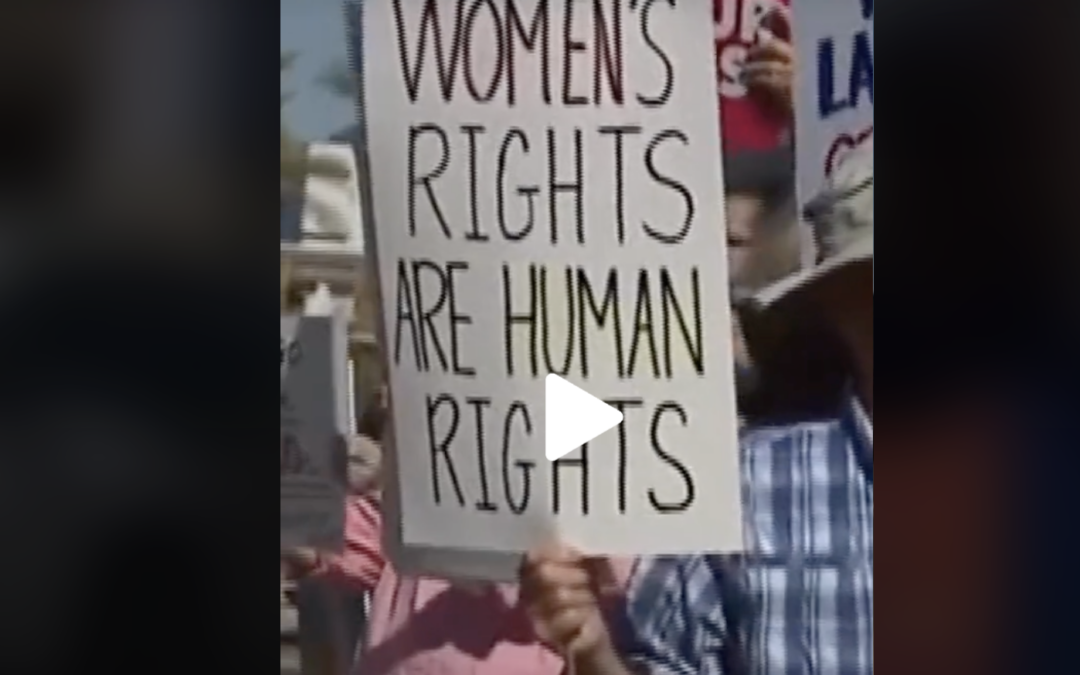
VIDEO: Hundreds show up in Scottsdale to support reproductive rights
@coppercourier Days after the Arizona Supreme Court ruled to enforce a long-dormant law that bans nearly all abortions, hundreds took part in a...
Local News
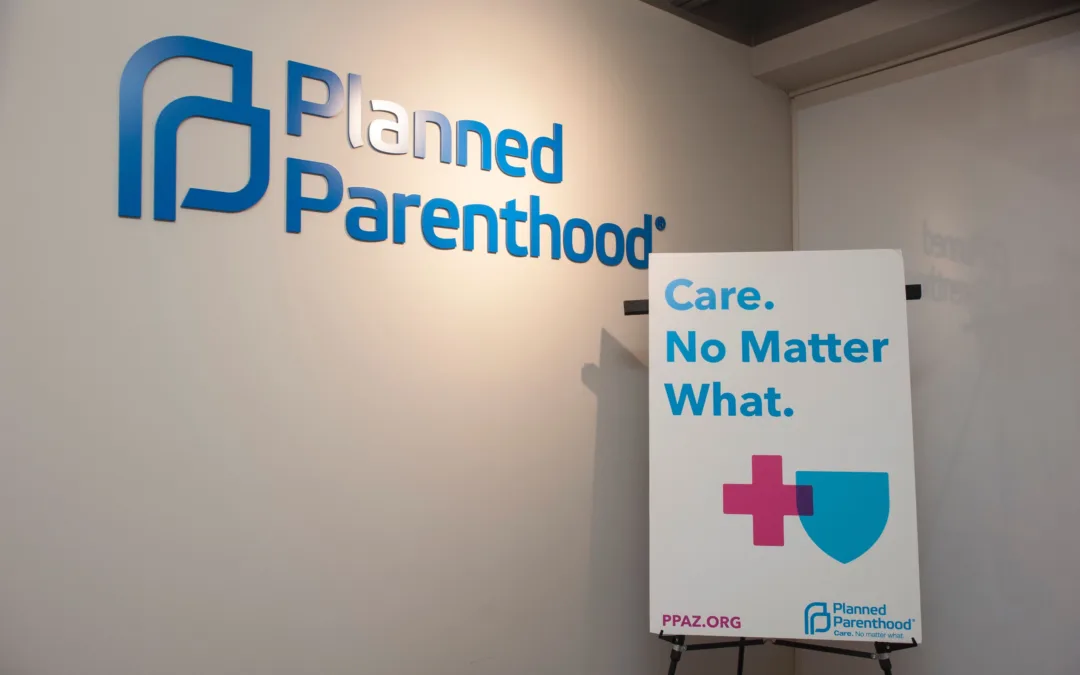
Planned Parenthood in Flagstaff resumes offering abortion care
Planned Parenthood Arizona is resuming abortion services in Flagstaff for the first time since 2022, despite the state’s newly reinstated 1864...
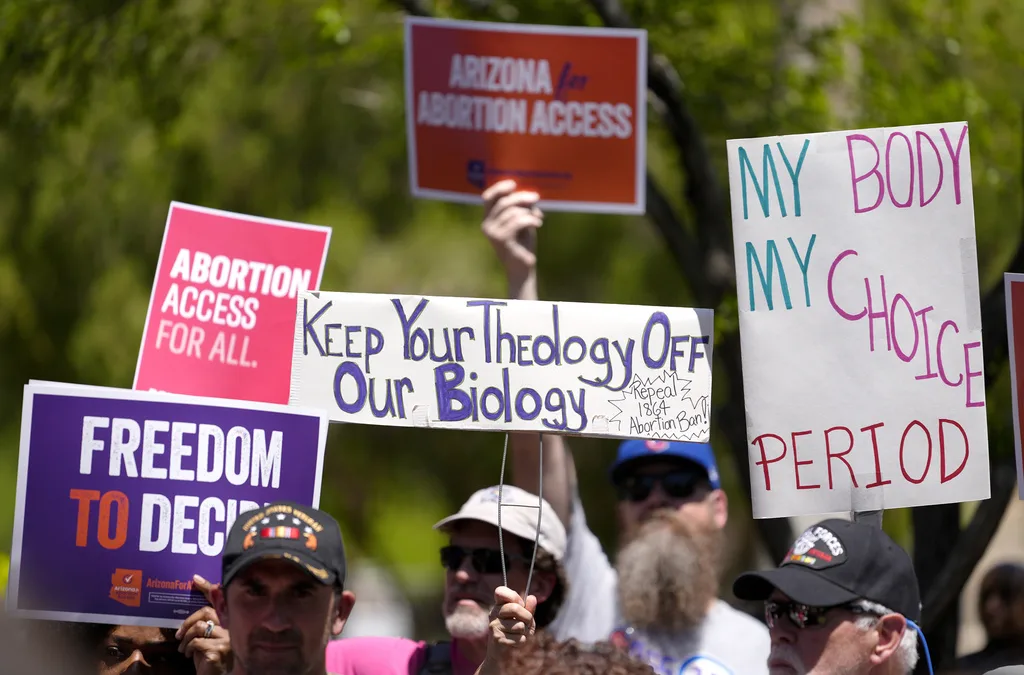
OPINION: Domestic Terrorism Prevents Women from Getting Lifesaving Abortions
Domestic Terrorism Prevents Women from Getting Lifesaving Abortions Twenty-five years ago, in the kitchen of his suburban Buffalo, New York, home,...






